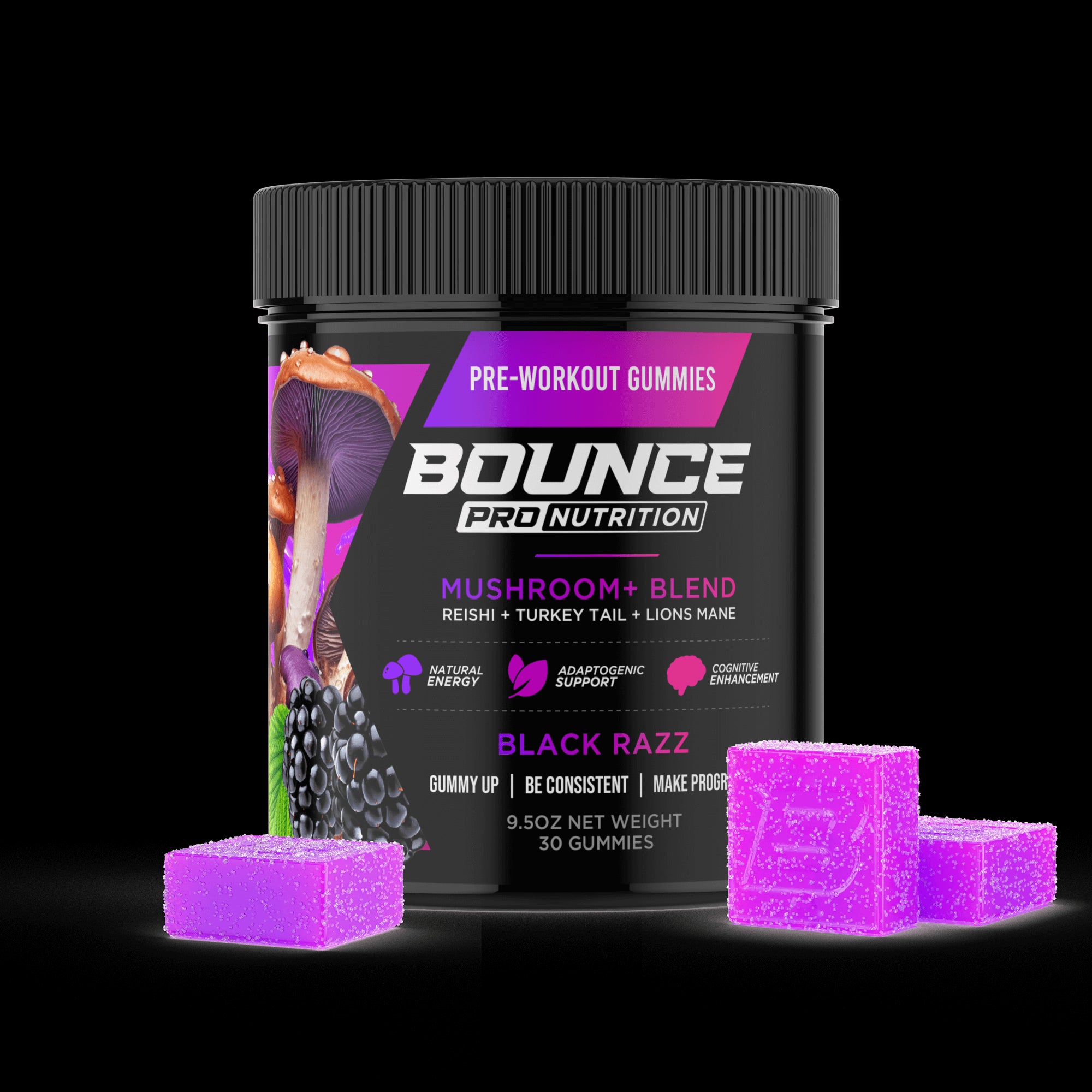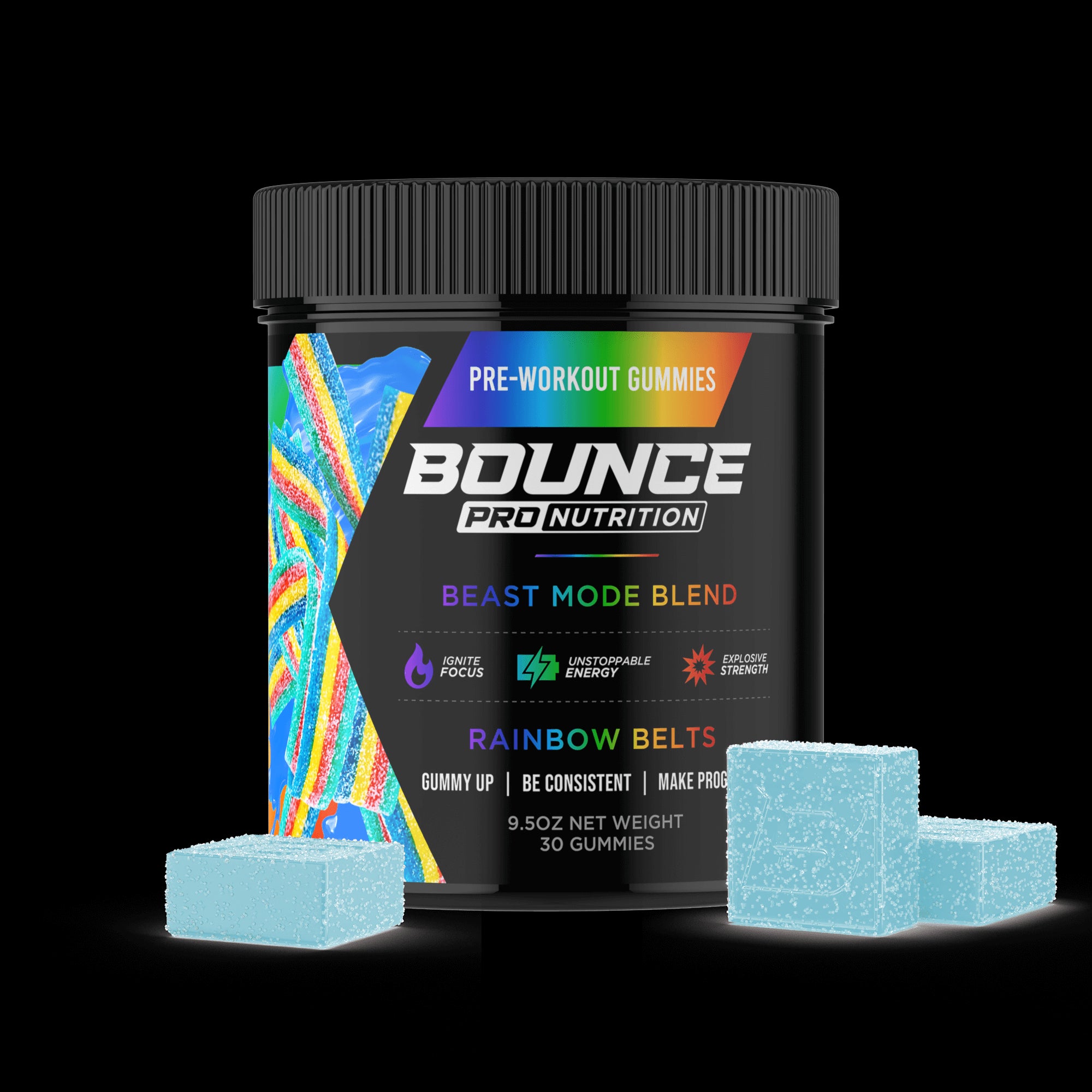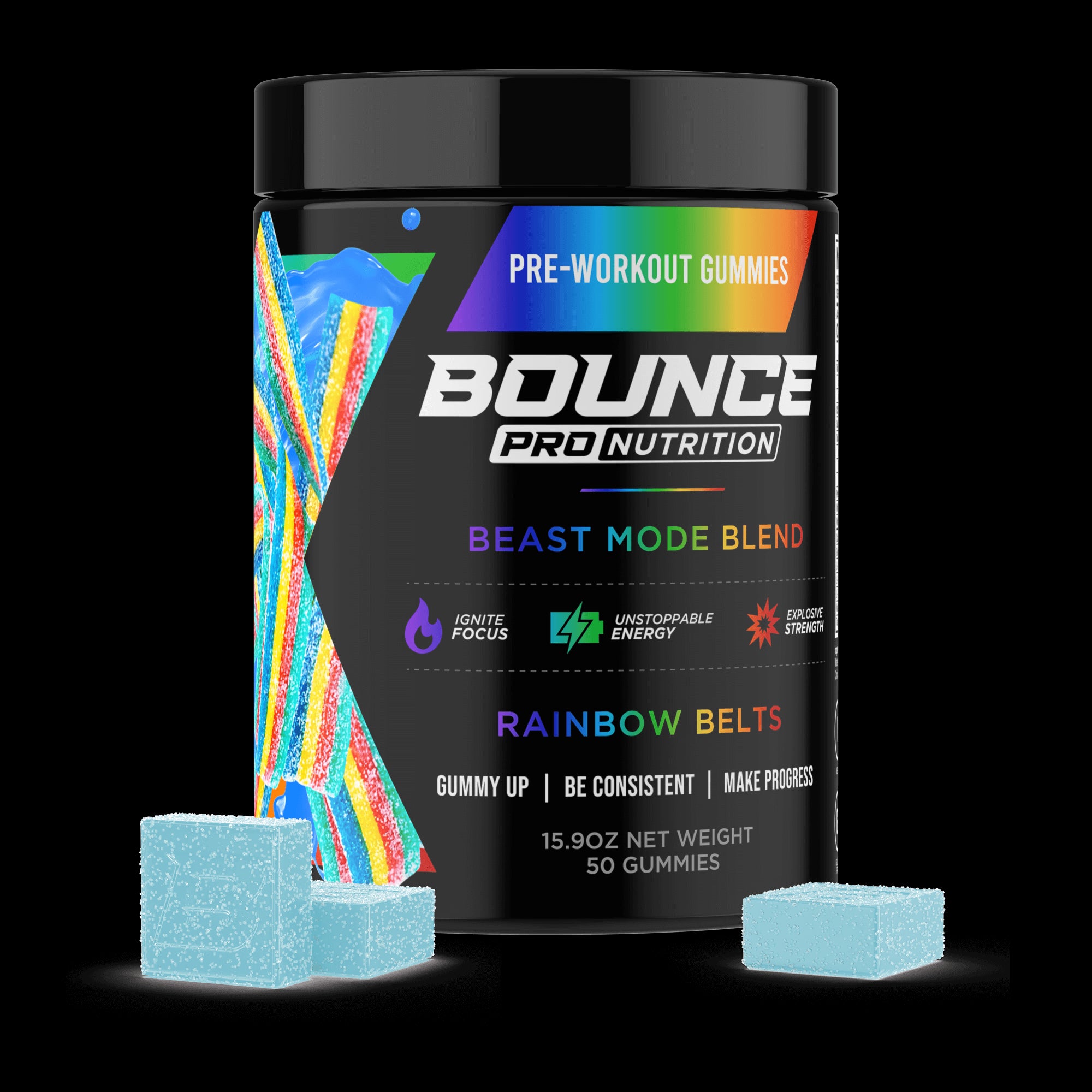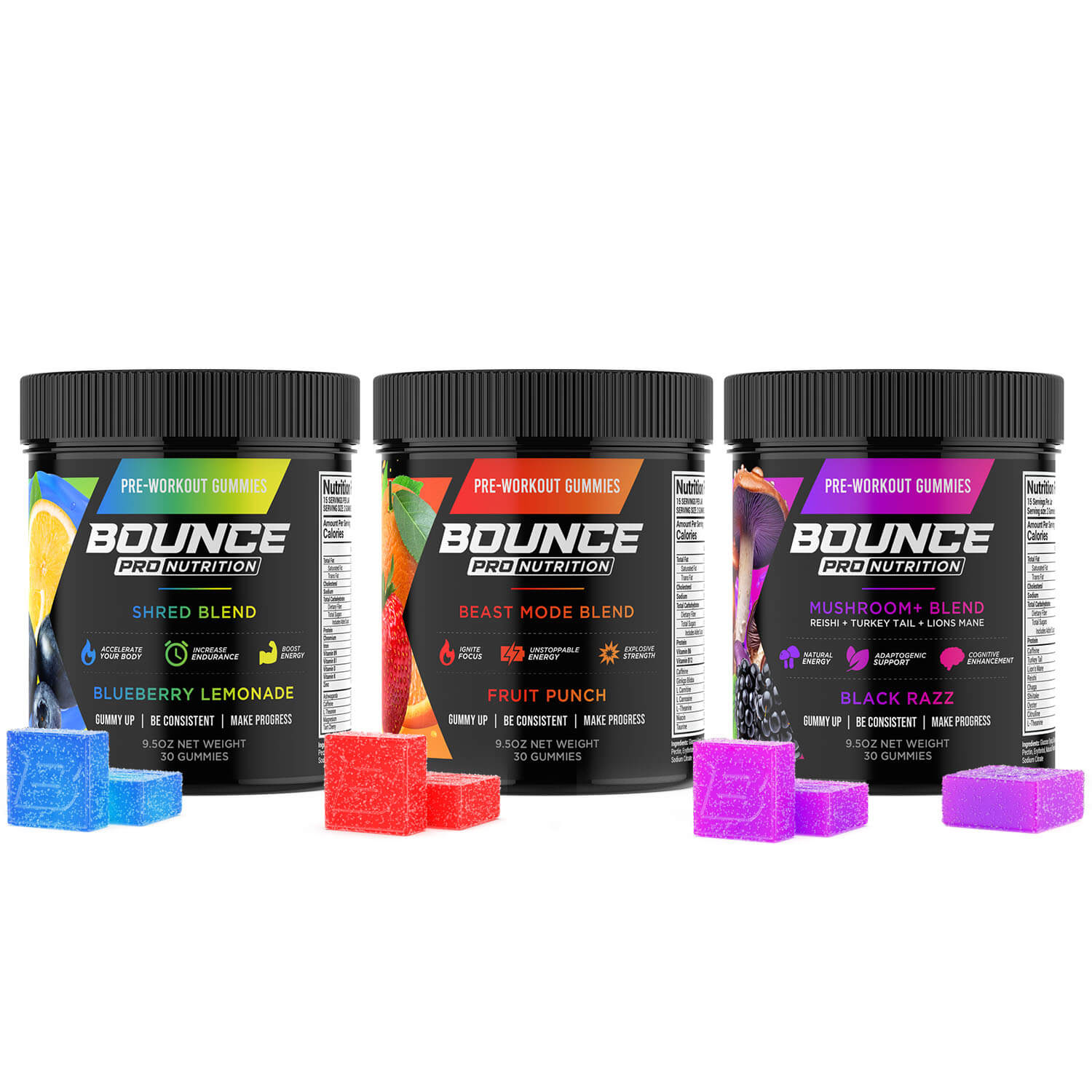If you’re a runner, whether you just like to jog around town a few times a week or you’re training for an intensive marathon, then you know that your state of mind & body can change frequently, greatly affecting how much you’re able to run. It’s not surprising that a lot of runners need help getting out there, and doing the number of miles they want to.
And so, while there are all kinds of ways to bring up your energy and endurance, some are sounder than others. Enter pre-workout chews, which can offer a serious form of help in a natural way. These chews are packed with plant-derived compounds including nutrients that enhance running the natural way.
TO BUY PRE-WORKOUT CHEWS CLICK HERE
What Defines Being a Runner?
Runners refer to individuals who engage in running as a form of exercise, sport, or competition. This includes everything from casual jogging to participating in marathons, sprints, or other track and field events.
Being a runner is defined by several key aspects that encompass both physical activity and a certain mindset. Here are some key elements that define being a runner:
- Regular Running Practice: A runner is someone who engages in running as a regular form of exercise, whether it be daily, several times a week, or consistently over a longer period.
- Goals and Motivation: Runners often set personal goals, such as improving their distance, speed, or running technique. They may be motivated by health benefits, personal achievement, competition, or simply the joy of running.
- Endurance and Stamina: Being a runner involves building and maintaining a certain level of endurance and stamina to sustain running for extended periods.
- Technique and Form: Good running technique and form are important for efficiency and injury prevention. Runners pay attention to aspects like posture, stride, and breathing.
- Community and Participation: Many runners participate in races, marathons, or fun runs and often become part of a running community. They may join running clubs, groups, or online communities to share experiences and tips.
- Mental Strength: Running requires mental resilience and discipline. Overcoming challenges like fatigue, varying weather conditions, and mental barriers is part of the runner’s journey.
- Gear and Preparation: Runners often invest in proper running gear, such as appropriate shoes, clothing, and accessories. They also focus on proper nutrition and hydration to support their running activities.
- Passion and Enjoyment: Ultimately, a runner is someone who finds joy and fulfillment in the act of running, regardless of their pace, distance, or level of experience.
To further break it down by running style:
- Competitive Runners: In the context of professional or amateur sports, "athletic runners" often refers to those who compete in track and field events like sprints, middle-distance, or long-distance races. These athletes train rigorously and may participate in regional, national, or international competitions.
- Endurance Runners: These are athletes who specialize in long-distance events such as marathons, ultra-marathons, and trail races. Endurance running requires not just speed but also significant mental and physical stamina.
-
Sprinters: These are athletes specializing in short-distance, high-speed running events, usually 100m, 200m, and 400m. Sprinters focus on explosive power and speed.
- Hobbyist Runners: Some people might use the term "athletic runners" to describe individuals who are very committed to running as a form of exercise but may not necessarily compete at a professional or amateur level. They may participate in local races or events and maintain a high level of fitness.
- Cross-Training Athletes: The term might also be applied to athletes from other sports who incorporate running as a significant component of their training regimen.
- Cross-Country Runners: These are athletes who run on natural terrains such as hills, flat ground, and sometimes even obstacle-laden courses. Cross-country running is often a seasonal sport in educational settings but also exists as a discipline in its own right.
- Triathletes: Athletes who compete in triathlons must excel in swimming, cycling, and running, making them multi-disciplinary "athletic runners”.
The commonality among all these categories is a dedication to physical fitness, technique, and often a competitive spirit, whether the competition is against others or oneself.
What are Pre-Workout Chews?
First, let’s talk about what pre-workout chews are, and what’s in them that can impact your running routine. Pre-workout chews are chewable supplements designed to be consumed before a workout to enhance energy, focus, and performance. They typically contain a combination of ingredients such as caffeine, amino acids, vitamins, etc. These ingredients are aimed at providing a quick energy boost, increasing alertness, delaying fatigue, and improving blood flow to the muscles.
The chewable format offers convenience compared to traditional pre-workout supplements like powders or drinks. They're easy to carry and can be consumed without the need for water, making them a popular choice for those on the go or who prefer not to drink large volumes of liquid before exercising.
Using Pre-Workout Chews to Maximize Your Running Routine
Now that we’ve gotten into all of the specific ways in which pre-workout chews can boost your run, let’s get practical and talk about how to use them to your fullest advantage.
Benefits of Pre-Workout Chews for Running:
- Quick Energy Boost: Pre-workout chews are designed to be rapidly absorbed, providing an almost immediate source of energy. This is particularly useful for runners who need a quick pick-me-up before heading out.
- Enhanced Endurance: The ingredients in pre-workout chews, such as carbohydrates and amino acids, help sustain energy levels during long runs, reducing fatigue and improving stamina.
- Improved Focus and Alertness: Many pre-workout chews contain caffeine and other stimulants that enhance mental clarity and focus, helping you stay alert and motivated throughout your run.
- Muscle Support: Ingredients like BCAAs (branched-chain amino acids) and other essential amino acids help support muscle function and recovery, reducing the risk of muscle cramps and soreness.
Tips for Using Pre-Workout Chews:
- Timing: Consume pre-workout chews 15-30 minutes before your run for optimal absorption and effectiveness.
- Dosage: Follow the recommended dosage on the package. Typically, 1-2 chews are sufficient, but this can vary depending on the brand and your individual needs.
- Hydration: Drink water with your chews to aid digestion and absorption, and to stay hydrated during your run.
- Consistency: Incorporate pre-workout chews into your routine consistently to gauge how they affect your performance and adjust as needed.
- Read Labels: Check the ingredient list for any allergens or substances you want to avoid.
- Consider Your Goals: Choose chews that align with your specific running goals, whether it’s enhancing endurance, speed, or recovery.
- Seek Recommendations: Ask fellow runners or fitness professionals for their recommendations based on your running routine and goals.
- Give it Some Time: Certain nutrients in pre-workout chews need time to accumulate in the body to be fully effective. This can mean that for some people, it can take a couple weeks of consistent usage to reap the full benefits. So, be patient.
Pre-Workout Chews Can Make for an Awesome Running Companion
Overall, incorporating pre-workout chews into your running routine can provide a substantial boost in energy, endurance, and overall performance. By choosing the right chews, especially the ones at Bounce Nutrition, and using them correctly of course, you can enhance your running experience and achieve your fitness goals more efficiently.

























